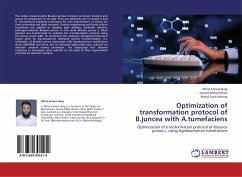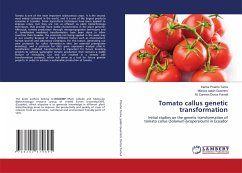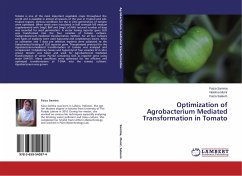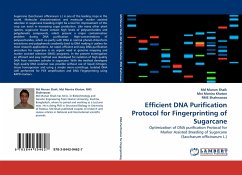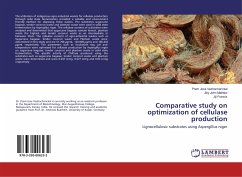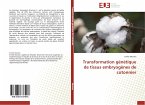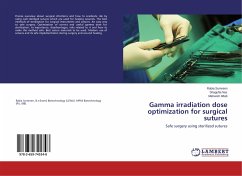The Indian mustard plant Brassica juncea is known as brown mustard and grown for production of oil seed. They are extremely rich in vitamin-A and K. Conventional breeding techniques for trait improvement of plants are time consuming and labor intensive. Genetic engineering and tissue culture techniques are applied to develop high yielding, herbicide tolerant, pathogen-resistant Brassica juncea. In this work Brassica juncea L. (Pusa jaikisan) was transformed to optimize the transformation protocol using the binary vector pBin 19 containing the neomycin phosphotransferase-II (nptII) gene by Agrobacterium mediated genetic transformation. Co-cultivation of Brassica juncea hypocotyls with Agrobacterium tumefacians strain (LBA4404) was done and co-cultivated hypocotyls were cultured on selection medium having kanamycin. The hypocotyls that showed resistance to kanamycin were selected on the basis of their regeneration potential on selection medium.
Bitte wählen Sie Ihr Anliegen aus.
Rechnungen
Retourenschein anfordern
Bestellstatus
Storno

